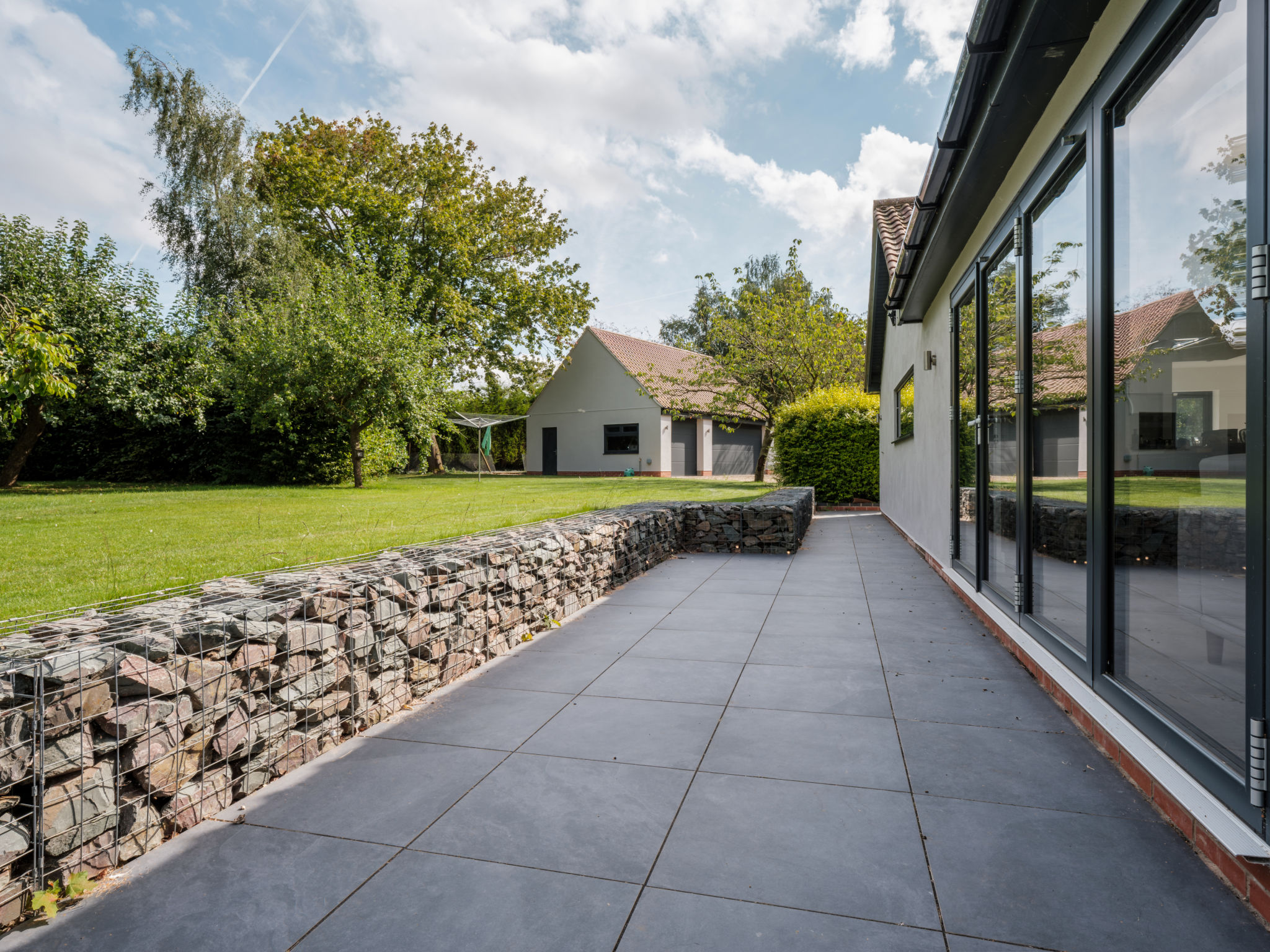Fencing Solutions: How to Choose the Best Option for Your UK Property
Understanding Your Needs
When it comes to choosing the right fencing solution for your UK property, the first step is to understand your specific needs. Are you looking for privacy, security, aesthetic appeal, or a combination of these factors? Determining the primary purpose of your fence will guide you in selecting the most suitable option. Additionally, consider any local regulations or restrictions that may impact your choice.
For instance, if you live in a conservation area or have a listed property, there might be certain restrictions on the types of materials and heights allowed for fences. By understanding these requirements early on, you can avoid potential compliance issues down the line.

Exploring Material Options
Once you've identified your needs, the next step is to explore the various material options available. In the UK, common fencing materials include wood, metal, vinyl, and composite. Each material offers distinct advantages and disadvantages that should be carefully considered.
Wood Fencing
Wood is a popular choice due to its natural appearance and versatility. It can be painted or stained in various colors to match your property's aesthetic. However, wood requires regular maintenance to prevent rot and insect damage, especially in the UK's damp climate.
Metal Fencing
Metal fences, such as wrought iron or aluminum, are highly durable and offer excellent security. They provide a timeless look but may require occasional painting to prevent rust. For those seeking a low-maintenance option, powder-coated metal fences are a great choice.

Considering Style and Design
The style and design of your fence can significantly impact your property's overall appearance. Traditional picket fences offer charm and curb appeal, while panel fences provide privacy and a modern look. It's essential to choose a style that complements your property's architecture.
For those looking for a decorative touch, lattice or trellis designs can add visual interest while supporting climbing plants. These designs are especially popular in cottage-style gardens and can enhance your outdoor space's aesthetic appeal.
Factoring in Budget and Longevity
Your budget will play a crucial role in determining the best fencing solution for your property. While wood is often more affordable upfront, metal and composite materials may offer better long-term value due to their durability and lower maintenance requirements.

Consider the lifespan of different materials as well. A well-maintained wooden fence might last 15 years, while metal or composite fences can last up to 50 years. Investing in a more durable material can save you money on repairs and replacements in the long run.
Professional Installation vs. DIY
Another critical decision is whether to install the fence yourself or hire a professional. DIY installation can save money, but it requires time, effort, and some level of expertise. A poorly installed fence can compromise security and aesthetics.
Hiring a professional ensures your fence is installed correctly and complies with local regulations. Professionals can also offer valuable advice on design options and maintenance tips to ensure your fence remains in top condition for years to come.
